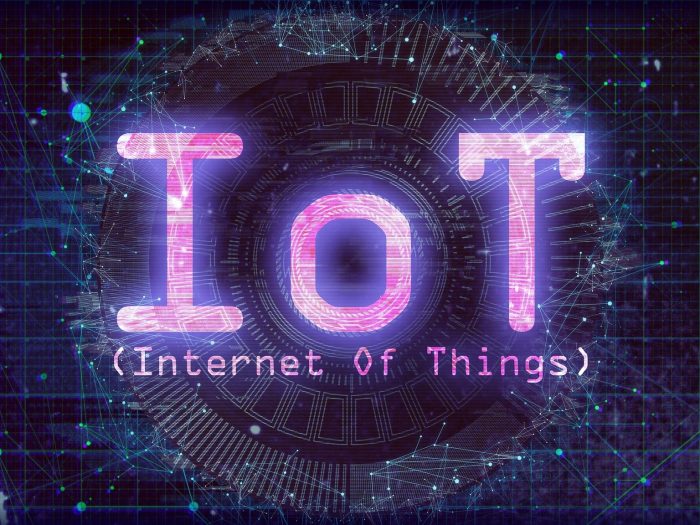With the advancement in internet speeds, Internet of Things (IoT) is steadily becoming a critical player in the business world. The merger between the Enterprise Resource Planning (ERP) and the IoT is gaining much ground as SMEs and bigger corporations are diving in to reap from the efficiencies created.
IoT has been with us for several years. But its integration with ERP is just special. While ERP has existed for the past two and a half decades, IoT has come in to augment the functions of ERP to make business strategies more targeted and in real-time.
The examples of this merger are plenty and their effects continue to bear fruit. The increase in data speeds has only added more fuel into the ERP-IoT relationship.
Resolving inefficiencies in Manufacturing
Manufacturers have for a long time developed defective or incomplete products because of the lopsided quality assurance procedures like sampling. This has seen major companies either recall their products or endure the shame and scorn by the consumers. Indeed, some of these companies have even lost public trust in their products and closed shop altogether.
To stem these embarrassing situations, IoT together with ERP has served to ensure that advanced product monitoring is employed. Crooked or misaligned products can, therefore, be detected very early in the process and corrected. This has saved companies on the massive repairs and wastage of materials.
Radio Frequency Identification
With a projected $18b market value in 2026, the RFID has helped in tracking the sales and movement of products in and out of the stores. Currently, you could have all your sales, shipment and delivery of products tracked in real time, captured in the ERP and processed to be used in decision-making.
This has ensured business managers gain more control and understanding of the position of the companies. The effect of this interdependence is a more streamlined business model. Additionally, this integration has ensured that the Stock Keeping Unit (SKU) can relay information on the availability of certain products in real-time. This has had the effect of prompt restocking in line with customer demand leading to more sales. Slow-moving products can also be identified with this technology and reasons for this determined.
Fleet Management
Companies can now track and know where their assets are. Information about conditions of the vehicles, their number and market value are recorded in real time to ensure the company’s asset value is updated.
Apart from just knowing where each vehicle is through GPS and geo-fencing, ERP has proved to ensure there is an efficient integration where vehicle maintenance is more planned and executed by the relevant finance department or bought/sold by the procurement personnel.
Enhanced business intelligence
Businesses with an integrated IoT and ERP have more detailed data and information about all the processes right from customer service, marketing, all through to sales and supplies. This data serves the management to make more proactive decisions based on live analyses.
The businesses can know their market value, liquidity, and liabilities. This way, the business becomes insulated from surprises and unexpected revelations when it is too late in the day. This relationship also assists businesses to identify the slacking departments or individuals in the process and take appropriate action.



